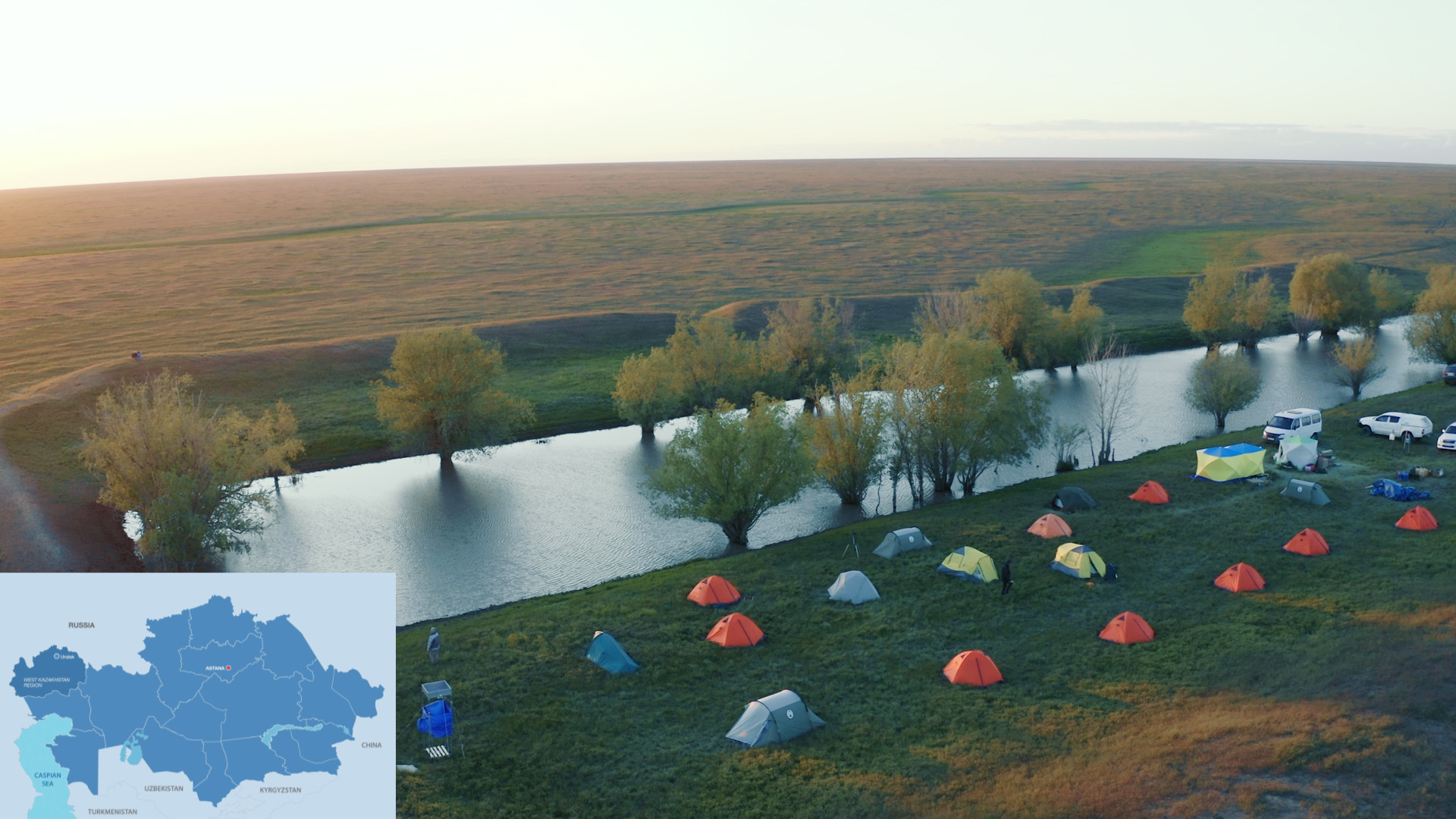ASTANA – The British Royal Society for the Protection of Birds (RSPB) and the Kazakh government are implementing a project on the conservation of biodiversity. The cooperation, carried out under international agreements, encompasses technical and methodological support and joint research.
Ulan Mamyrbaev, the head of the Bokeyorda natural reserve, spoke about the project in an interview with The Astana Times.
“The Association for the Conservation of Biodiversity of Kazakhstan (ACBK) and RSPB, which is the largest nature conservation charity in the United Kingdom, are members of Birdlife International, an international union for the protection of birds. With 127 organizations worldwide, the network covers partner’s support programs,” explained Mamyrbaev.
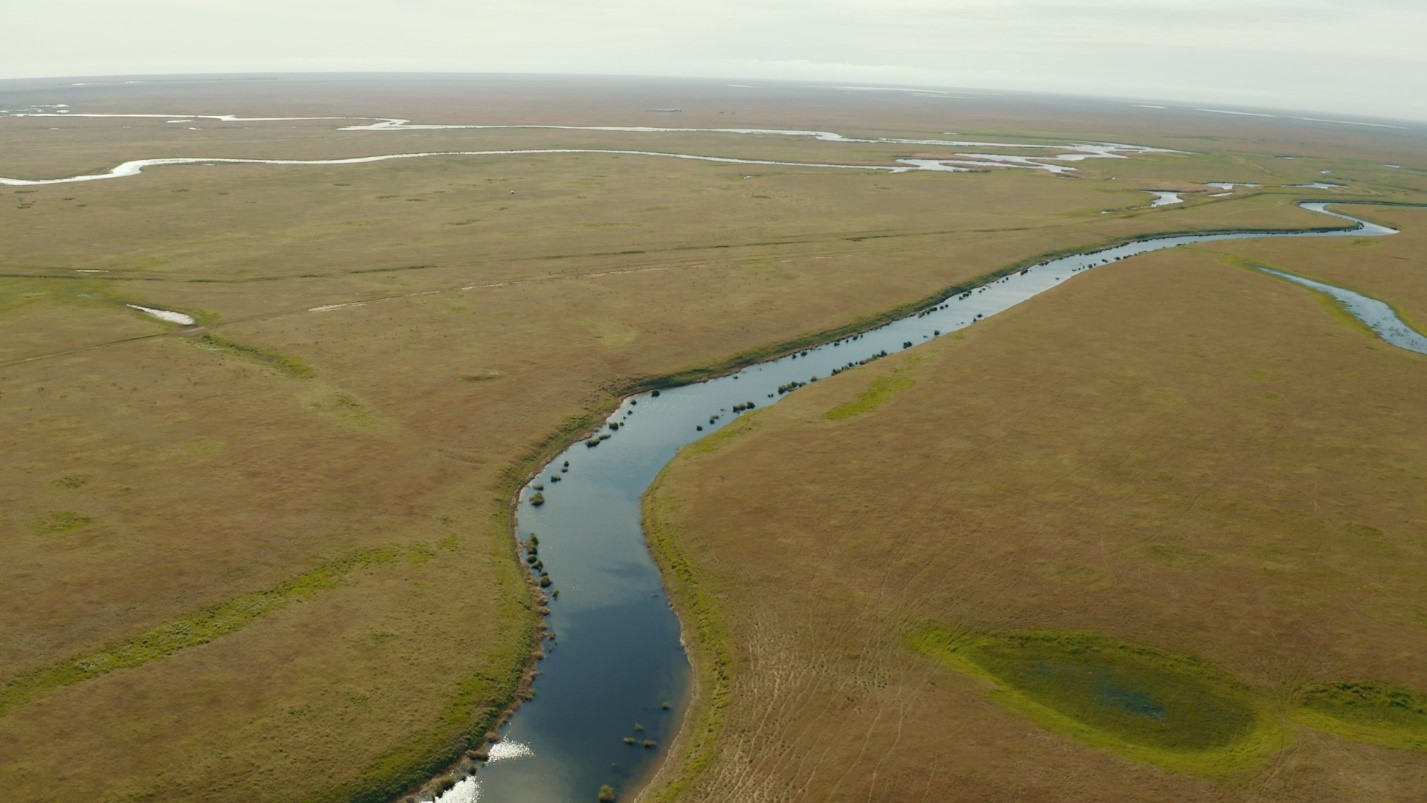
Ashiozek river. Photo credit: Evgeny Leshenko.
He elaborated that the first joint project with the RSPB in Kazakhstan was aimed at the conservation and study of sociable lapwing. As the next priority, RSPB and ACBK have chosen the program for the inventory of Important Bird and Biodiversity Areas (IBAs) in Kazakhstan.
“Joint research by ACBK and RSPB specialists was carried out on the territory of the Bokeyorda and the Ashiozek natural reserves, created in 2022 in the West Kazakhstan region. It covers an area of over 657,544 hectares. The research aims to fill knowledge and data gaps and to develop a management plan,” said Mamyrbaev.
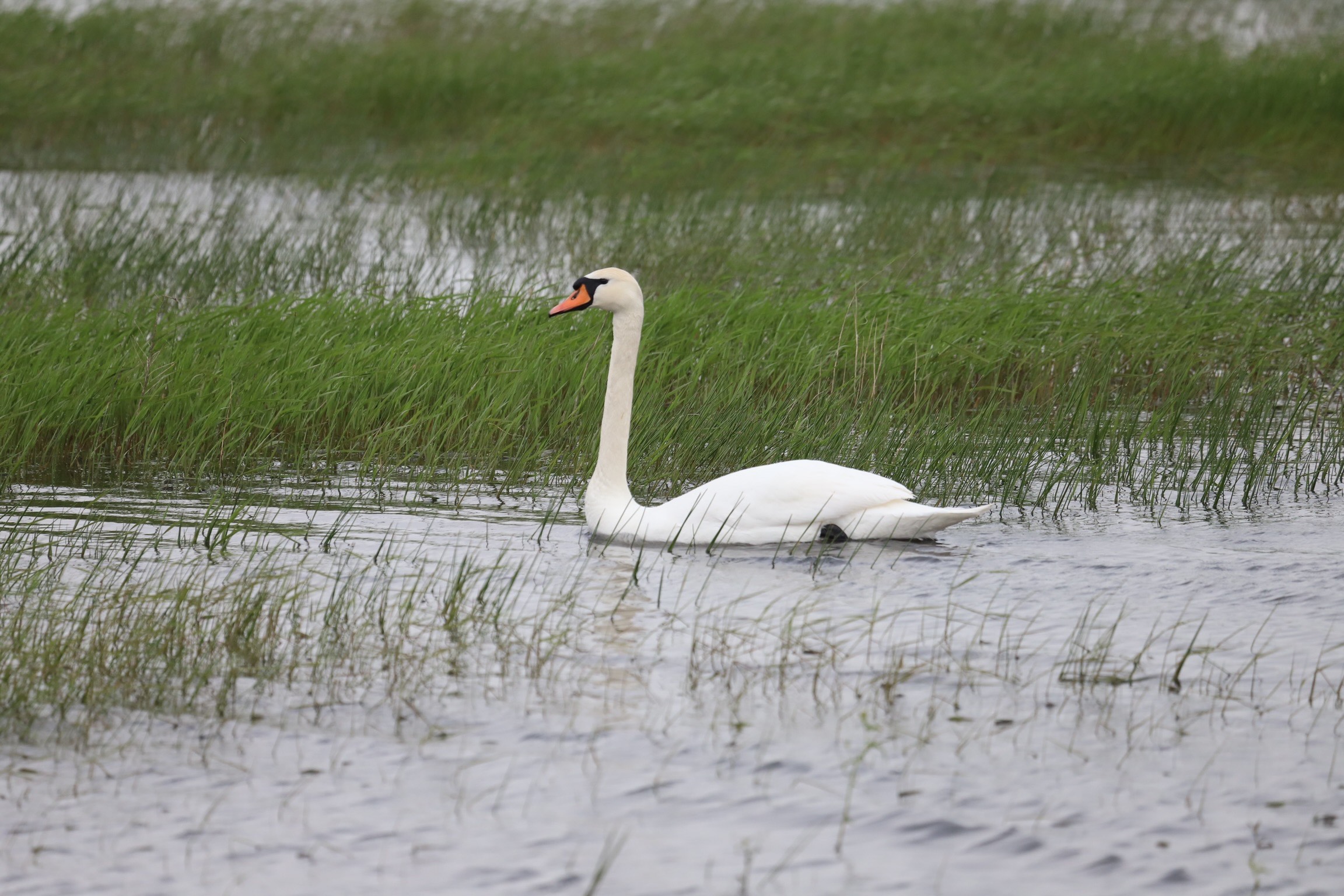
Photo credit: Aleksandr Putilin.
He explained that during the first studies in Central Asia, environmental DNA (e-DNA) data was collected and analyzed. The scientists procured bird counts, including birds of prey, and mammals, and studied freshwater ecosystems for physical and chemical indicators and inhabited species. Monitoring of IBAs, plant communities’ assessment, and soil research were also conducted.
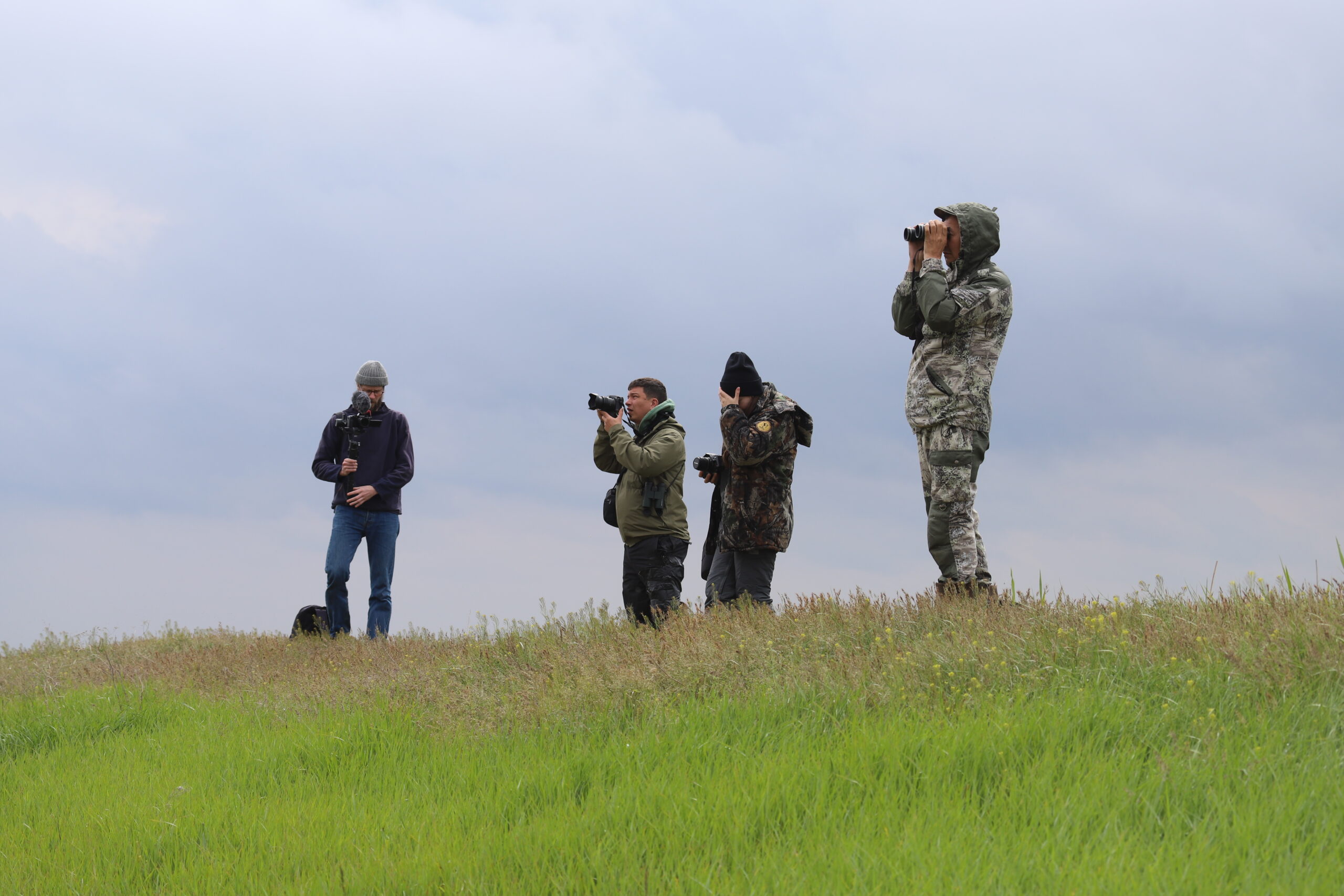
Bokeyorda natural reserve. Photo credit: Aleksandr Putilin.
He emphasized the importance of assessing pasture vegetation, which started due to the impact on agriculture of the increased saiga population.
RSPB manages over 200 protected areas in the United Kingdom, and applies its expertise in Kazakhstan. Cooperation with the organization currently covers several bird species, including the lapwing and the steppe eagle.
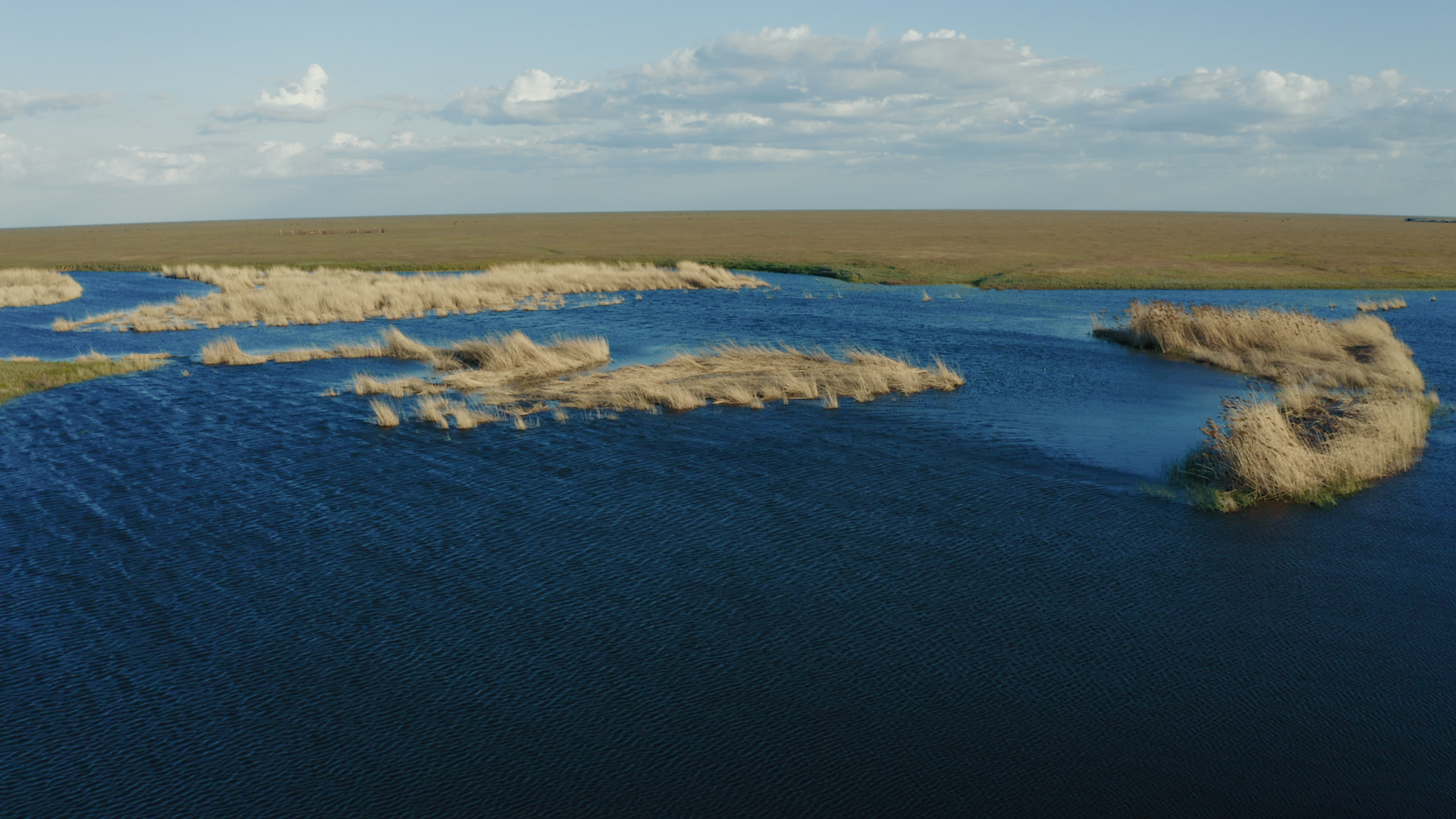
Bokeyorda natural reserve. Photo credit: Evgeny Leshenko.
“This work includes providing nature reserves with equipment, such as vehicles, binoculars, and GPS navigators for security and research work, assistance in the development of a five-year specially protected natural reserve management plan, making preparations for a future monitoring system on the territory of the protected areas, and conducting training for the staff of the nature reserve. This project is also supported by Wyss Foundation, a charitable organization based in the United States,” said Mamyrbaev.
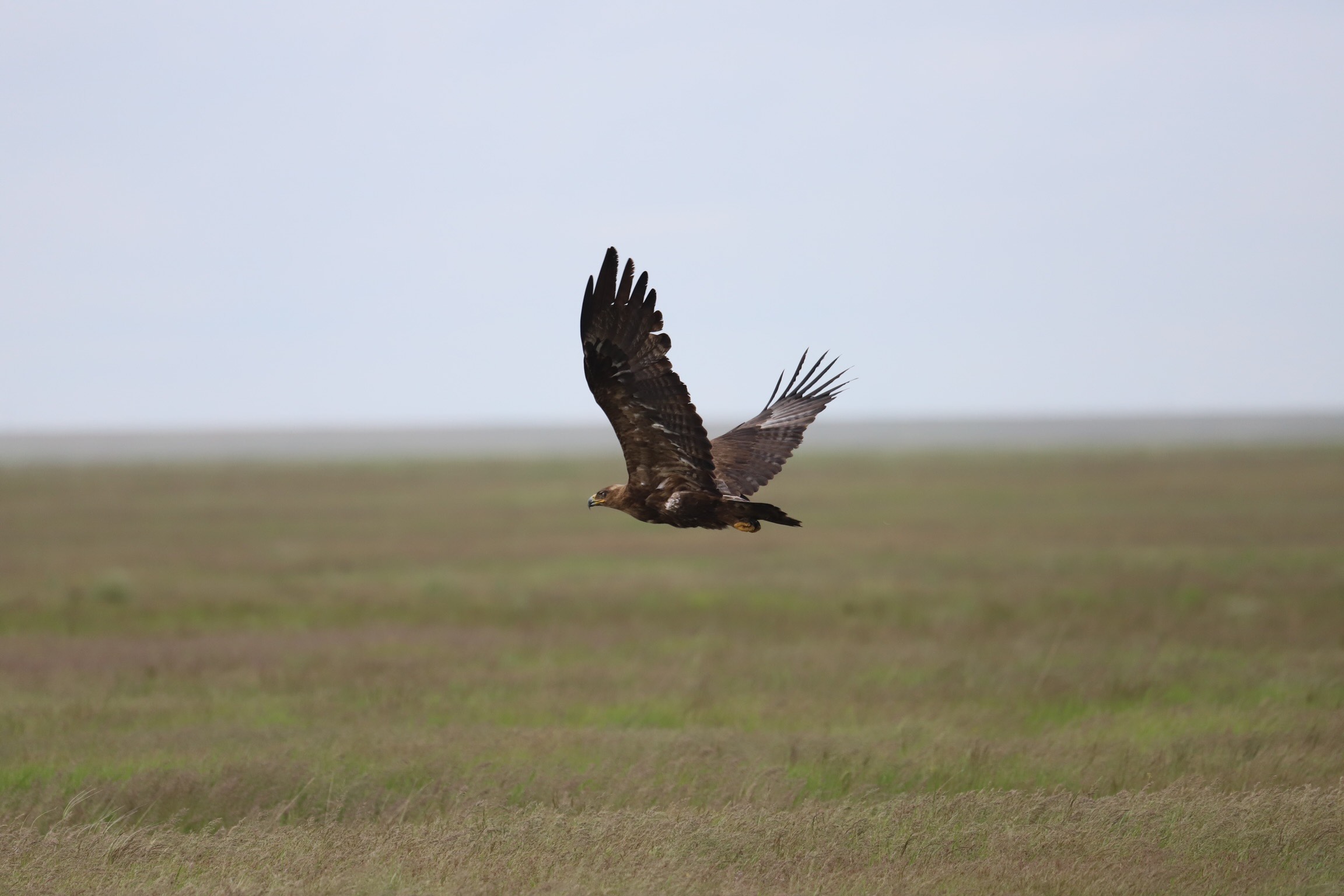
Photo credit: Aleksandr Putilin.
Experts also conducted a sociological survey among local residents of the areas close to the protected areas and training for the employees of the nature reserve and the inspectors.
“Our plan is to proceed with cooperation on the above projects and create new ones. We aim to support Kazakhstan in achieving the goals of signed international conventions and agreements,” said Mamyrbaev.
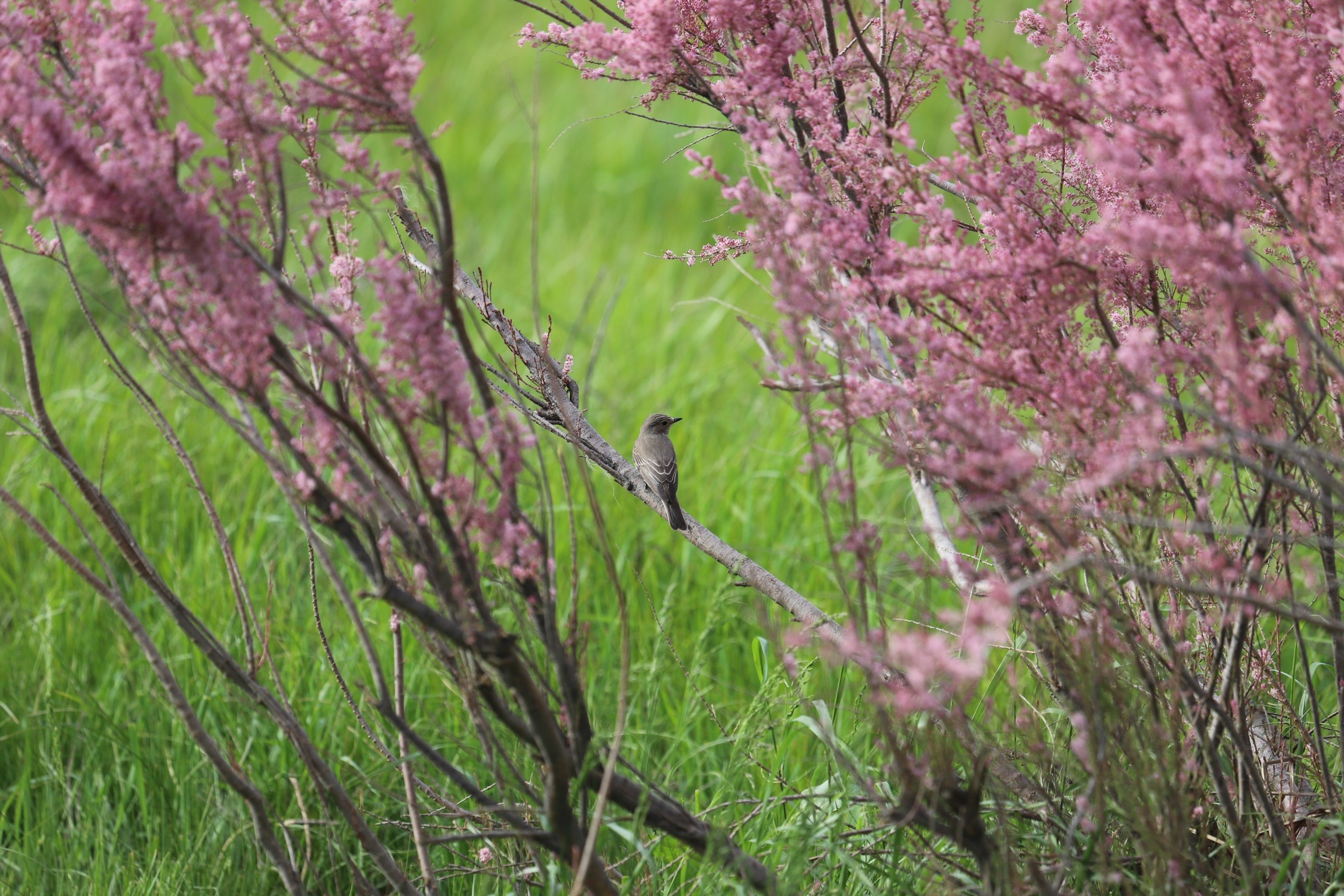
Photo credit: Aleksandr Putilin.
RSPB is expected to continue to support the ACBK and the Kazakh government in collecting and analyzing information on the state of pasture ecosystems in the Bokeyorda and Ashiozek natural reserves and adjacent areas to develop optimal solutions to the current conflict between the saigas and livestock. The proposals will be based on the standards of the International Union for Conservation of Nature.

